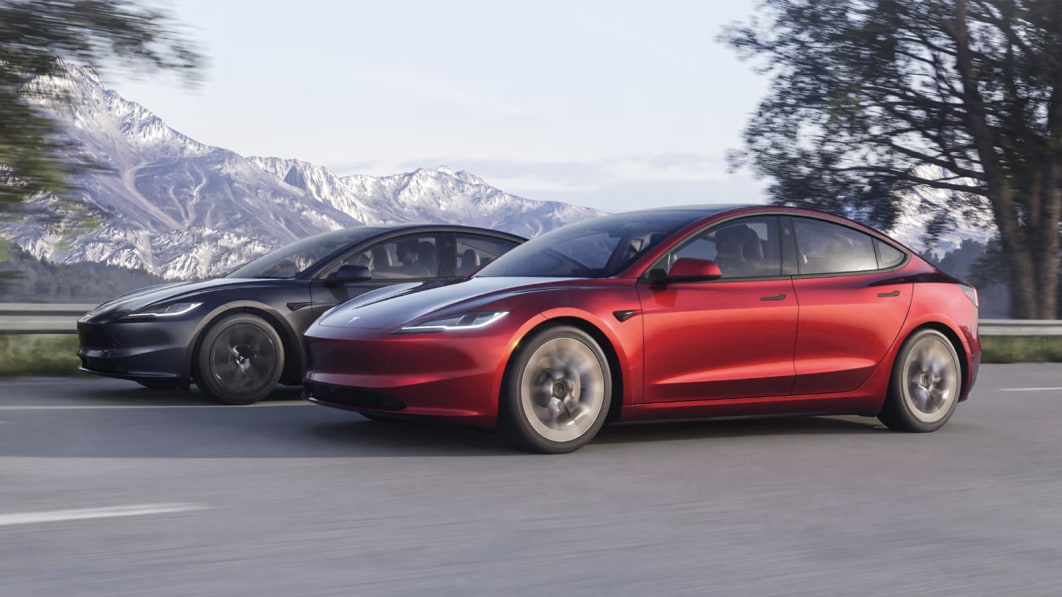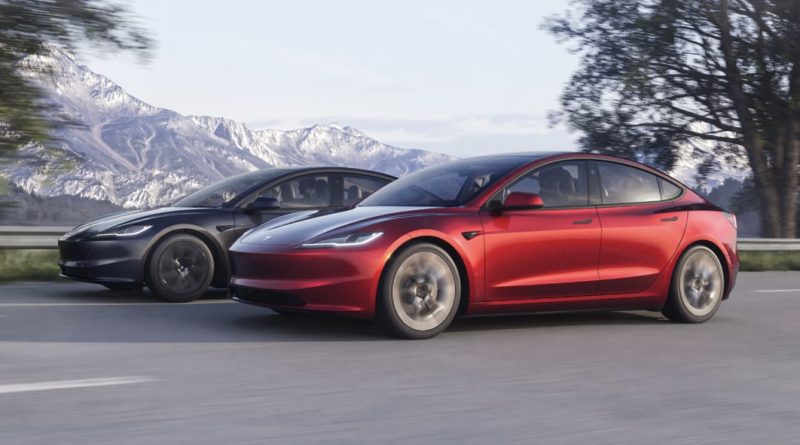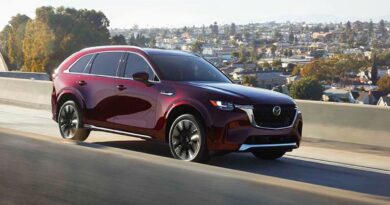Tesla tops American University’s delayed 2023 ‘Made in America’ cars index

Tesla and Jeep took the podium in American University Kogod Business School’s 2023 “Made in America” index in what turned out to be a surprising — and delayed — reshuffling of the 2022 finishing order that puts Tesla on top (with five models in the top 10), with the previous year’s first-place entry, the Lincoln Corsair, falling to a three-way tie for sixth place, behind entries from Honda and Volkswagen. Jeep is the first Detroit-based manufacturer to appear this year (at #3); the first GM car on the list, the Chevrolet Corvette, appears at #7 — tied with the Ford Mustang GT and just ahead of the Chevy Camaro Turbo (#8).
Since 2015, there’s been a steady decrease in U.S. production and parts content from brands based in Detroit, while Tesla and several foreign builders — namely Honda, Nissan, Toyota and VW — have demonstrated the opposite. In fact, Volkswagen improved its standing by leaps and bounds just since 2022 simply by relocating domestic production of the ID.4 from Germany to Tennessee.
Sadly, there’s nothing surprising about the state of this list, which places many foreign-owned cars higher up than some with brands strongly rooted in America’s economy. Here’s a breakdown of the top 10 — because there are so many ties, it’s actually more like the top 27— most American Made cars according to Kogod:
If the rankings seem confusing, keep in mind that Kogod’s index cares about more than the final assembly location of the car in question. They also look at headquarters location, where its various bits and pieces come from, and who makes money from each step in the process. For the full list and a description of their methodology, you can view the index on Kogod’s landing page.
Assembling the index was especially challenging this past year due to issues with data collection, the study authors said. The raw data are collected and published by NHTSA under the American Automotive Labeling Act (AALA) of 1994. Normally, the data are produced no later than September. However, when first compiled for 2023, several automakers were missing. While the authors were awaiting the omitted information, a data dump from the 2024 model year overwrote the entirety of the set, forcing them to use a backup and source the remaining information independently, which meant seeking the only place it’s readily published: individual window stickers.




